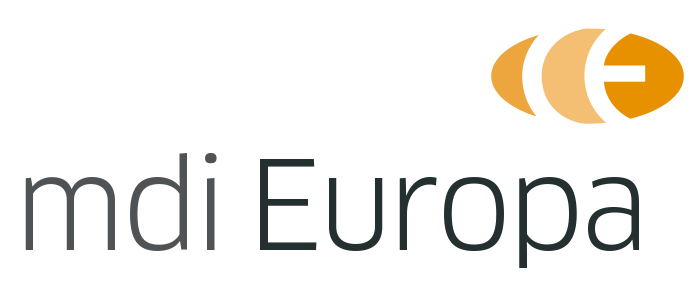The subject of whether there should be an EU central medical device agency to manage the regulation of medical devices has arisen again as a result of what many deem to be a fundamental failure of the implementation of Regulations (EU) 2017/745 and 2017/746 on medical devices (MDR) and in vitro diagnostic medical devices (IVDR).
A white paper was issued by the German industry associations BVMed (medical devices) and VDGH (IVD medical devices). BVMed and VDGH are demanding less complicated, more transparent and more economical solutions now, in advance of the planned evaluation of the MDR in 2027.
Among others, they urge:
- Use of post-market surveillance to exclude recertification.
- Additional regulations, for example fast-track procedures for innovations, orphan devices or niche products.
- Incorporation of the EU into the world-wide Medical Device Single Audit Programme (MDSAP) plus mutual recognition agreements between the EU with Switzerland and Great Britain.
- Consistent harmonisation and centralisation of the EU administrative structure, including formation of an SME office at EU level.
- Improved effectiveness by applying the European principles of good administrative practice, particularly predictability of deadlines and costs, access to the system and transparency of certification processes.
Experts have a controversial perspective on the white paper. Some see many benefits of implementing the paper’s proposals, but other experts disagree. In actual fact, amending the supervisory structure alone could take quite a few years and possibly until 2030-2040.
Source: Medtech Insight (an Informa product)





